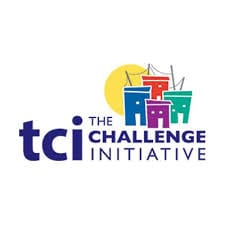Ibrahim Ibrahim
Stakeholders in women’s Reproductive Health have identified out-of-stock commodities and lack of awareness as key factors hindering family planning services in Jigawa State.
The Reproductive Health Coordinator, Jigawa State Primary Health Care Development Agency Aliya Ahmad Adamu, disclosed this during a stakeholders’ meeting organised by Challenge Initiative TCI at Manpower Development Institute MDI, Dutse.
DMCSA Partners AHBN to Boost Family Planning in Kano State
She explained that the aim of the meeting is to design and plan on how to reduce maternal and newborn deaths across the state.
According to her, “stakeholders in reproductive health such as TCI, A360, UNICEF, WHO, IMPACT, MSI, Religious leaders, traditional and community leaders came together to work on how to reduce the maternal and newborn deaths in the state.”
The coordinator noted that due to social mobilisation on the importance of accessing family planning, there is an increase in demand, and the available commodities given by Federal Ministry of Health and Development partners are not enough to serve the needs.
Asiya stressed the need for the Jigawa State Government to expedite the release of the family planning budget and urged development partners and other relevant stakeholders to increase commitment to address the problem.
She said due to the efforts of the Jigawa State Government and other development partners, there is a decrease in maternal deaths by about 25% in the state.
REMAPSEN, UNFPA Partner to Improve Family Planning in Africa
Dr. Aliya advised women to visit hospital for antenatal services eight times before delivery and ensure they come to hospital to deliver and also ensure they access qualitative family planning services.
“we want more women to come out for labour and deliver become you see a number of women attending ANC but when it comes to delivery the number is decreasing” She lament.
TCI Programme Officer in JIgawa state, Blessing Mohammed, advised all relevant stakeholders to embrace the strategic communication document and develop a uniform approach to the reproductive health, child spacing and family planning programmes in the state.





